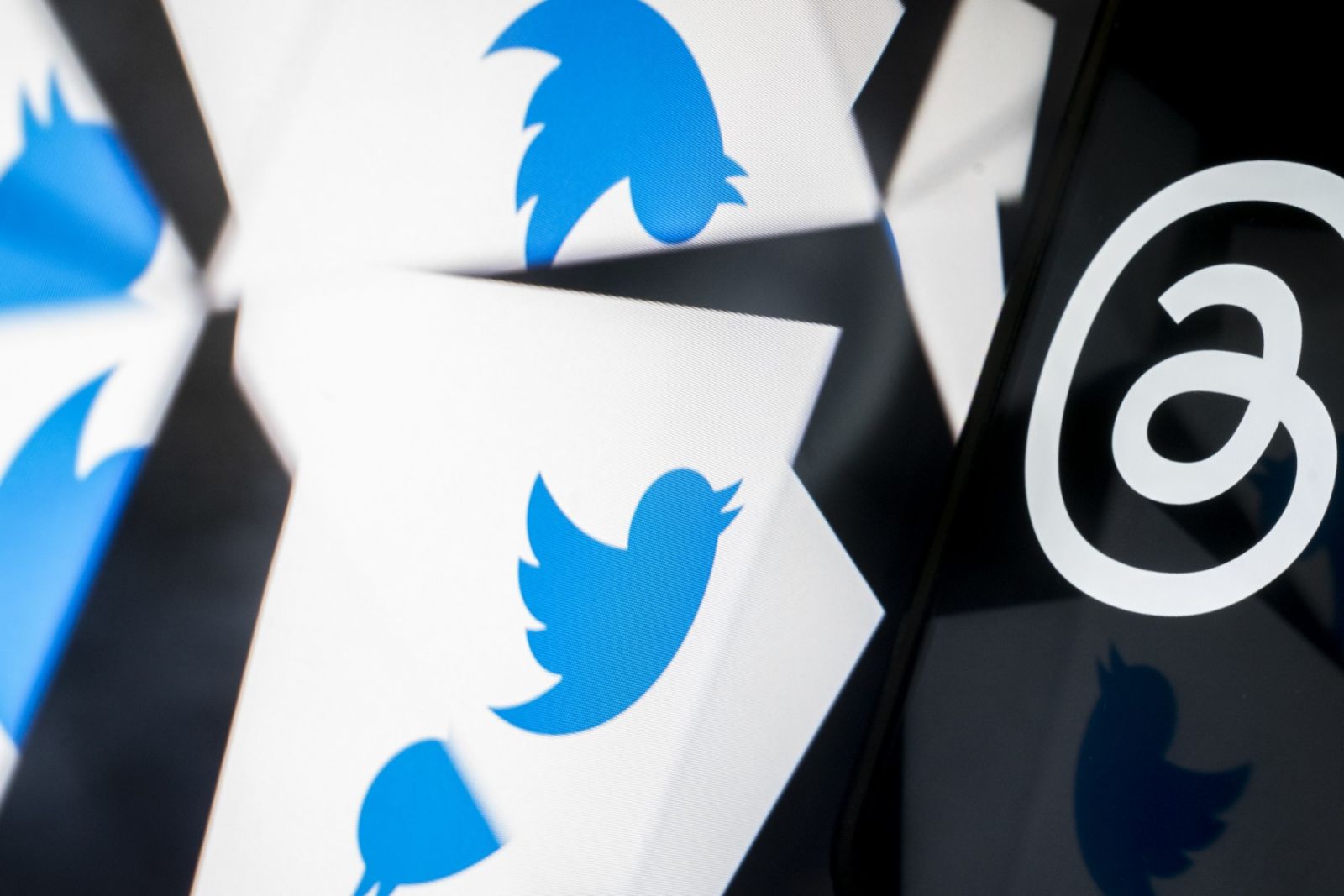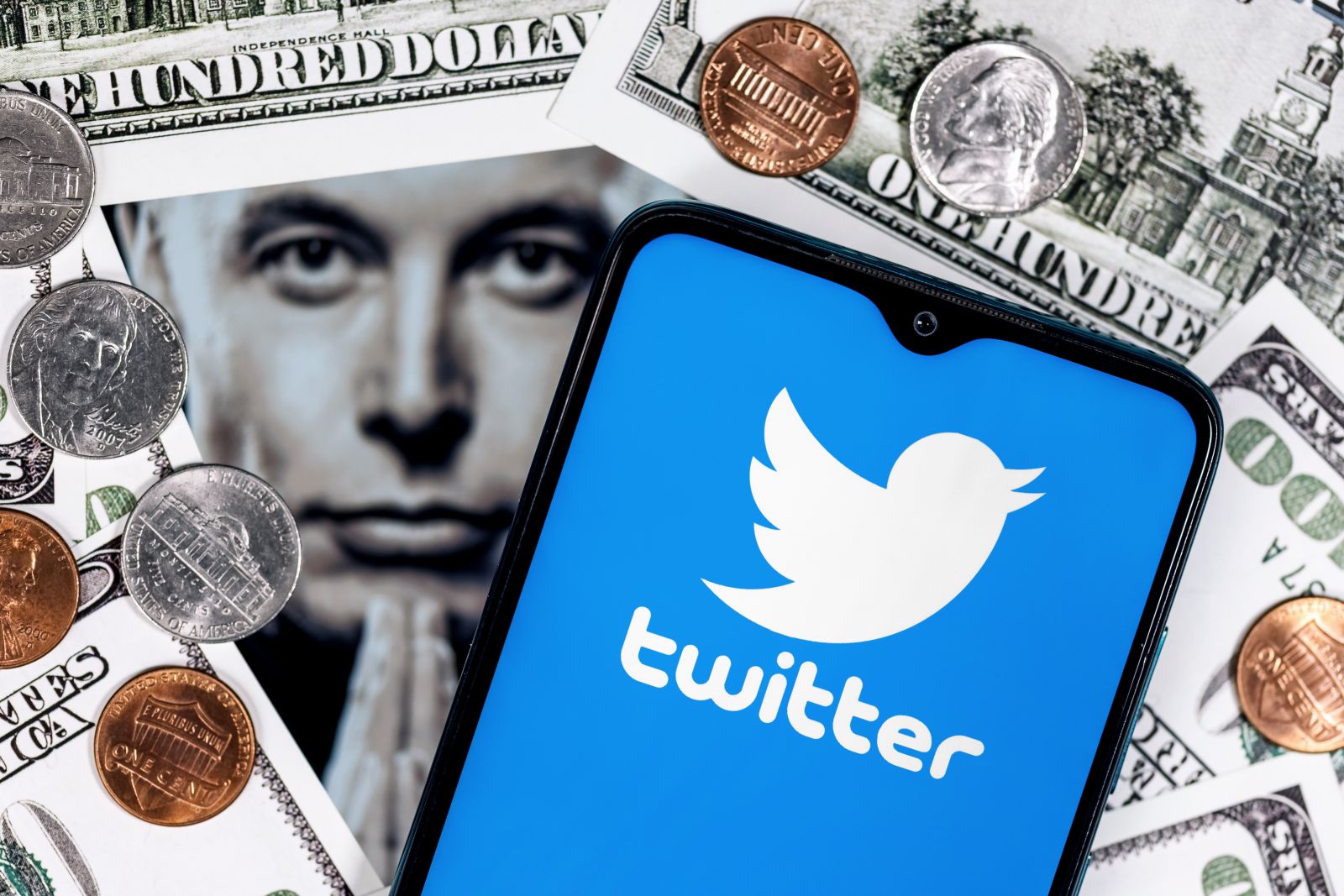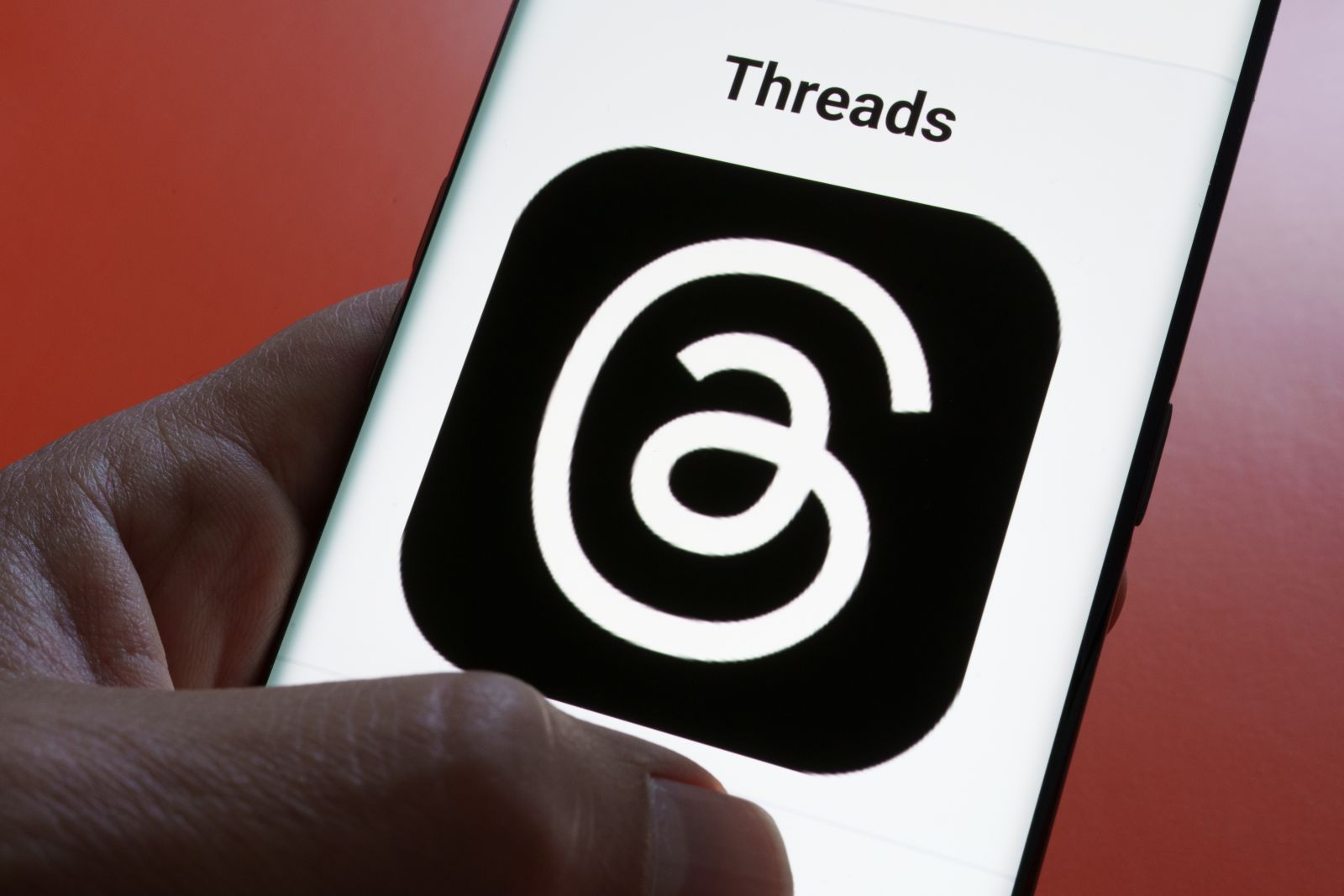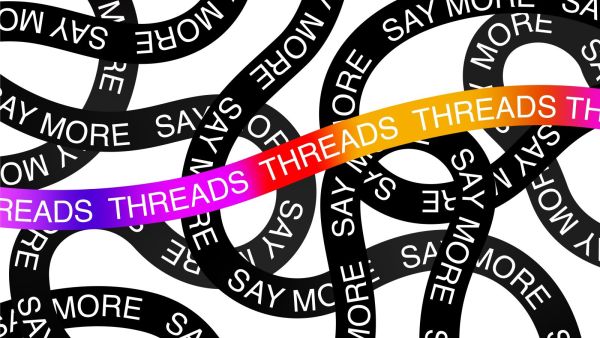Users not likely to ditch Twitter for ‘heavily moderated non-hashtag enabled’ Meta’s Threads
ALBAWABA – Having got off to a good start, Meta’s Threads app is now reportedly losing traction just weeks into the launch, as it may have overlooked some important features in the company’s pursuit of a friendlier public discussion platform, as opposed to Twitter.
According to Hatem Sweileh, Chief Technology Officer (CTO) at Checkers Inc., Meta’s Threads is missing the very feature that would have otherwise enabled it to reach its goal.
“It does not support hashtags. The main function of a hashtag is to help people find posts on specific topics and trends, so that they may engage in relevant conversation or debates,” he said.
“Granted, Twitter mobs use the very same tool to scrap data, flood timelines, manipulate public perception, virtually attack and insult people, troll and even bully them. This is not acceptable,” the tech expert reaffirmed to AlBawaba.

“But it is the same tool that helps users engage with like-minded people, keep track of public discussions and debates on important issues, share their opinions, stand up to whitewashing campaigns and defamation campaigns, wide-scale cultural appropriation, run digital activism campaigns, and much more,” Sweileh said.
Why is Meta’s Threads losing traction?
The average amount of time people spend on Threads daily has plummeted more than 75 percent since the platform launched on July 6, according to data from Sensor Tower, as reported by Agence France-Presse (AFP).
“My guess is that people lost interest; they already know what their friends are up to, on Instagram, and they know what their friends think about this topic or that, through Facebook,” Sweileh reiterated.
“In Meta’s effort to create a safe space for people to discuss the issues they’re interested in, sans the trolling and bullying, which is rampant on Twitter, they ended up sinking their own ship,” he said.
“Not to mention that Elon Musk’s Twitter is actually providing an unadulterated platform for expression for everyone, from the left-most to the right-most opinions,” Swaileh said.
Musk also alienated users by introducing charges for previously free services and allowing banned right-wing accounts back on the platform, AFP reported.
Nonetheless, many are reluctant not abandon Twitter for some “heavily moderated non-hashtag enabled platform” such as Meta’s Threads, he said.
So far, Twitter continues to dominate its space as a platform for online commentary and news, according to Silicon Valley investor and analyst Jeremiah Owyang.
Musk "would have to completely destroy it" to drive away its audience for good, he told AFP.
"Will Threads kill Twitter? Absolutely not. It's just not equivalent," he said.

Twitter reportedly has some 200 million active and regular users. But it has suffered repeated technical failures since Tesla tycoon Musk bought the platform last year and sacked much of its staff.
Meanwhile, "It is a very different crowd on Instagram," Creative Strategies analyst Carolina Milanesi told AFP. Notably, most of the crowd on Meta’s Threads signed up with their Instagram accounts.
Their new threads accounts carried over the same circle of people they had on Instagram. That said, without the hashtag, there is very little way for users to break out of their circles and engage in public conversations outside of their own social spheres.
Is Meta’s Threads moving out of Twitter’s way?
On the other hand, Twitter is known as a forum for news and politics, topics that Threads has no interest in spotlighting, according to a recent post by Threads and Instagram boss Adam Mosseri.

"Politics and hard news are important, I don't want to imply otherwise," he said in a series of messages, as reported by Business Insider.
"But my take is, from a platform's perspective, any incremental engagement or revenue they might drive is not at all worth the scrutiny, negativity (let's be honest), or integrity risks that come along with them," Mosseri explained.
Meanwhile, Twitter is seen as an established home for posts by journalists, celebrities, athletes, politicians and others engaging on any variety of topics.
While people frustrated with Musk-owned Twitter are seeking alternatives, no single competitor has established itself as the ideal option.
Twitter quitters have become a "diaspora" of sorts, spread across Mastodon, Bluesky, Threads and other platforms in search of a new social media home, Owyang reasoned.
"Many people have left Twitter, and that will continue," Owyang said.
"But the issue is where are they going? There's no one centralized place to go."
There is little doubt that Threads had a major leg up compared to other wannabe Twitter alternatives, but it does not facilitate public conversation or debate and it has a low tolerance for unwanted opinions.
Not to mention the fact that Meta has explicitly announced it is not interested in politics or news, which is Twitter’s forte, above all else.
Several rivals have emerged but most are niche platforms without the capacity to grow at the necessary scale to dethrone Twitter, according to AFP.








